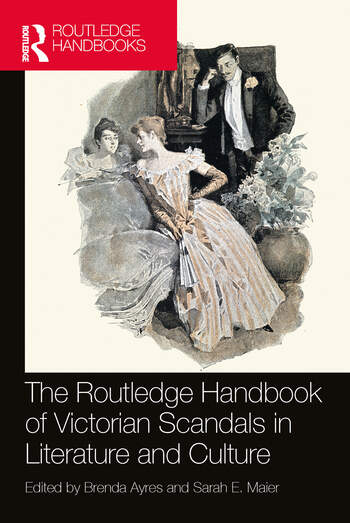Like (I think) every archivist, historian, and genealogist who encountered this proposition, I was horrified by the weaselly-entitled press release from the Ministry of Justice a few weeks ago: Easier access to historic wills under new government plan: Genealogists, historians and amateur family archivists will be better able to access historic wills under proposals published today.
Who is not excited by the thought of improved digital access to a valuable historical resource?
And then we discover that nothing has been learnt from a whole long history of 'space-saving' initiatives (I can remember the days of 'microfilm the lot!!') and digital projects which are now inaccessible because the technology has moved on and it is proposed to destroy the originals except for a few 'noteworthy wills which hold historical importance'.
Chorus of horror.
How, I also wonder, are these digitised items to be made available? Metadata? One can think of all sorts of ways these documents could be deployed for far deeper ventures in research than just the testamentary dispositions of particular individuals, but this would require some thinking about, some consultation with people who have undertaken previous projects....
They don't yet seem to have got even The National Archives on board for their deliberations, which one would have thought would have been an essential starting-point.
I see I addressed some of the questions arising here, yet again (sigh) in this post: that digital does not mean for ever, that it's not just about nostalgia for the quaintness of some past phenomenon, and that we do not know what future historians are going to think is important.
The Open Consultation is taking responses until 23 February 2024
